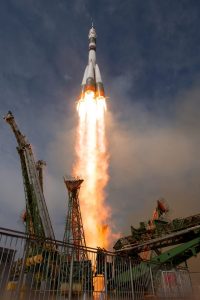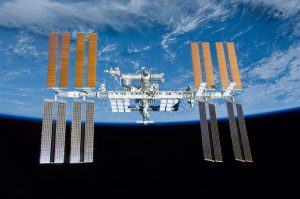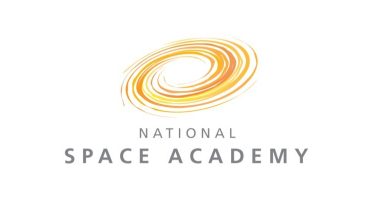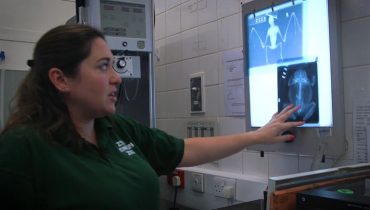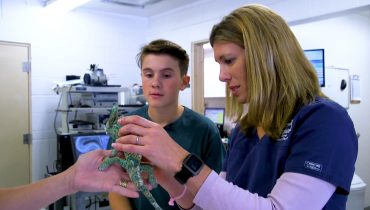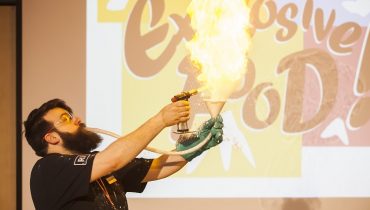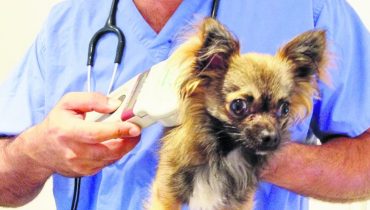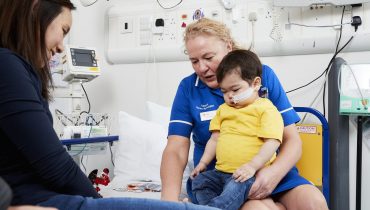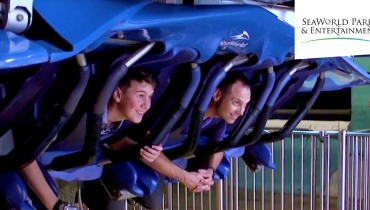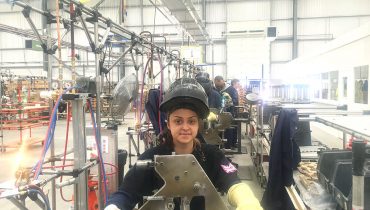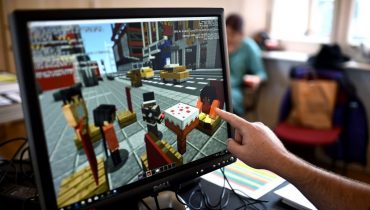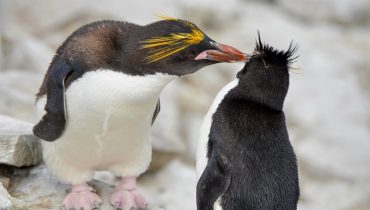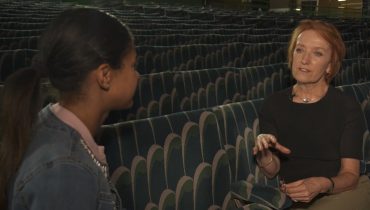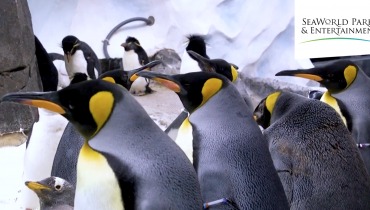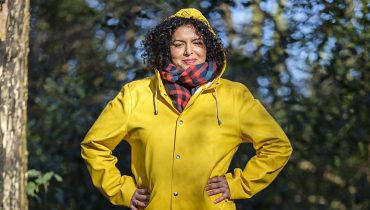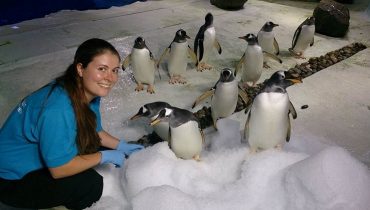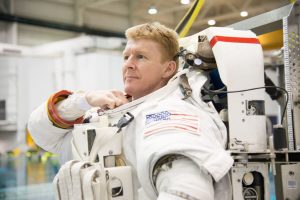 What’s the job?
What’s the job?
Astronaut.
Who would I be working for?
There aren’t too many organisations that can afford spaceships, so your options are a bit limited! For anyone born in Europe, the European Space Agency is the likely employer for astronauts. Their training centre is in Cologne, Germany.
What do they do?
Astronauts are trained to go on long missions in space, where they carry out scientific research and experiments. At the moment, the only destination for astronauts is the International Space Station (ISS), although in the coming years it’s expected that some will be going to the moon for the first time since 1972, then hopefully on to Mars.
What sort of work is involved?
- Training for space missions, which includes working in deep pools to simulate weightlessness.
- Operating spaceships and the many systems on board the ISS.
- Carrying out repairs and maintenance to the ISS, including equipment on the outside that may be hard to reach.
- Performing experiments set by researchers. This could include seeing how plants and creatures grow in space, or even testing the human body to see how being in space affects it.
- Talking to journalists and the public to raise awareness of the importance of space research.
What skills do I need?
- Good reasoning capabilities.
- The ability to work under stress and stay calm.
- Good memory and concentration.
- Manual dexterity (being good with your hands) is a must, so that you can carry out repairs and experiments in tricky conditions.
- The ability to speak to and get on with people from a wide range of backgrounds and nationalities.
- You must be physically and mentally fit.
- Eye problems are the main reason why people fail the application process, so good vision and healthy eyesight are very important, although being short-sighted or long-sighted doesn’t necessarily mean you can’t be an astronaut.
What qualifications do I need?
Excellent ability in science and maths is a must. Any astronaut needs to have a degree in physics, biology, chemistry, maths, engineering or medicine, plus three years of relevant experience in a job. Experience as a pilot is a big plus, but not essential, and the same goes for knowledge of aeronautics and astronautics (the sciences of designing and building planes and spaceships).
Being able to speak Russian is a bonus, but not compulsory. Russian is the second language on board the ISS and is taught during astronaut training.
What hours would I work?
When astronauts are in space, they work 12-hour days, compared to eight hours for a ‘normal’ job. They also have to spend two hours every day exercising, to help their bodies deal with the way that space travel causes muscles to waste away.
Where would I work?
In space! But when they’re not on missions, astronauts will either be training in Cologne or working at their home country’s space organisation, which is the UK Space Agency for British astronauts like Tim Peake.
How much would I get paid?
The ESA doesn’t reveal how much their astronauts are paid, but it’s thought to be between £45,000 and £65,000 per year.
Can I do work experience?
Sadly not, so the best thing you can do is get stuck into your science and maths studies!
How might the job change in the future?
As we mentioned above, it’s likely that humans will be returning to the moon in the coming years, and it’s hoped that men and women will set foot on Mars for the first time, possibly in the 2030s or 2040s. Although you’ve probably seen sci-fi films where people are put into sleep pods while they travel across the universe, that doesn’t seem likely to happen any time soon, but who knows what medical advances are around the corner?
